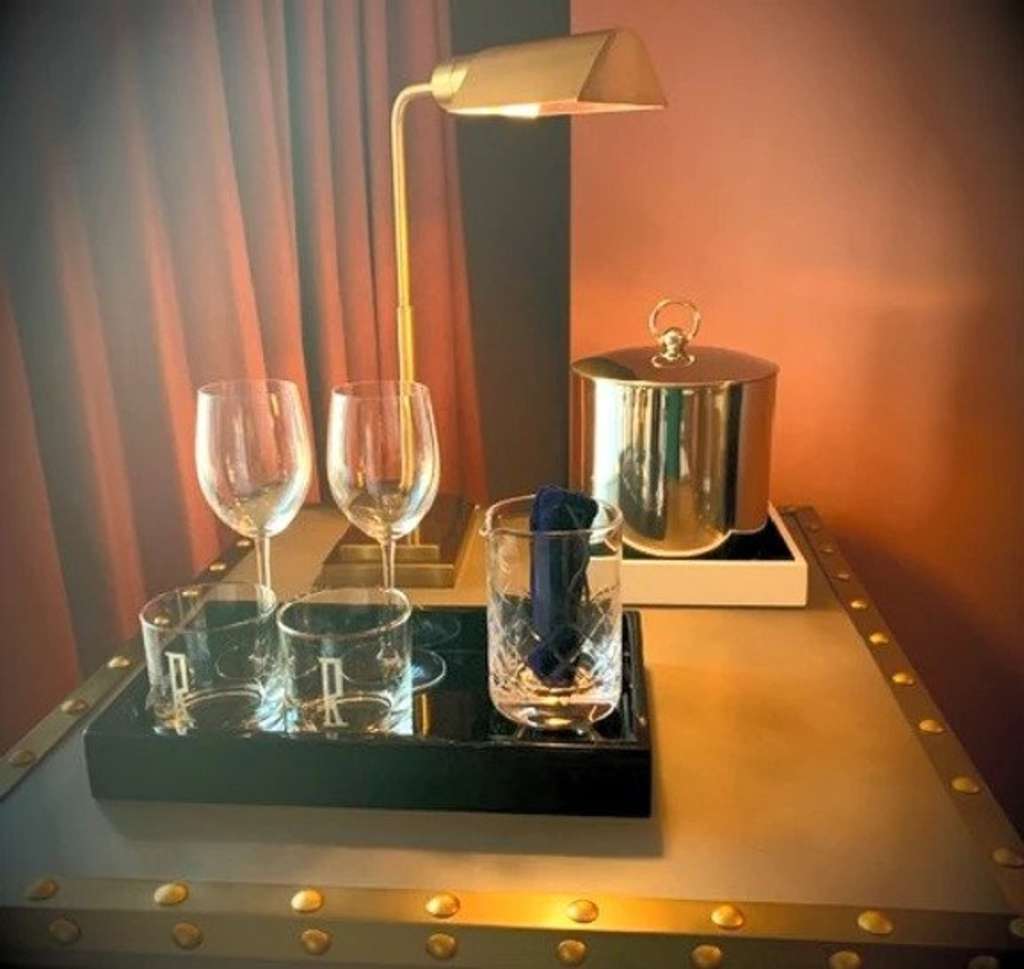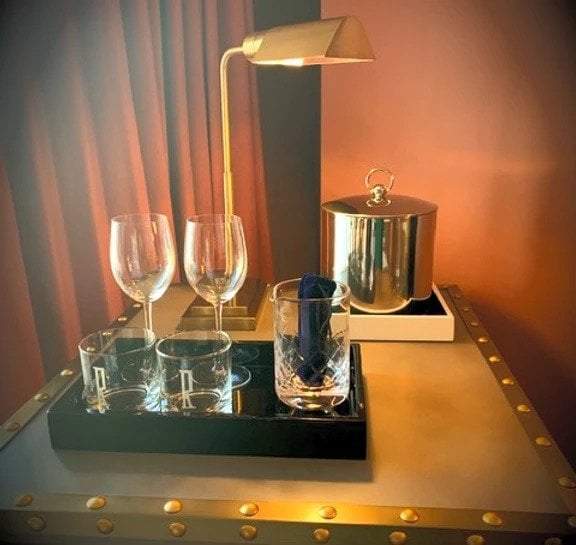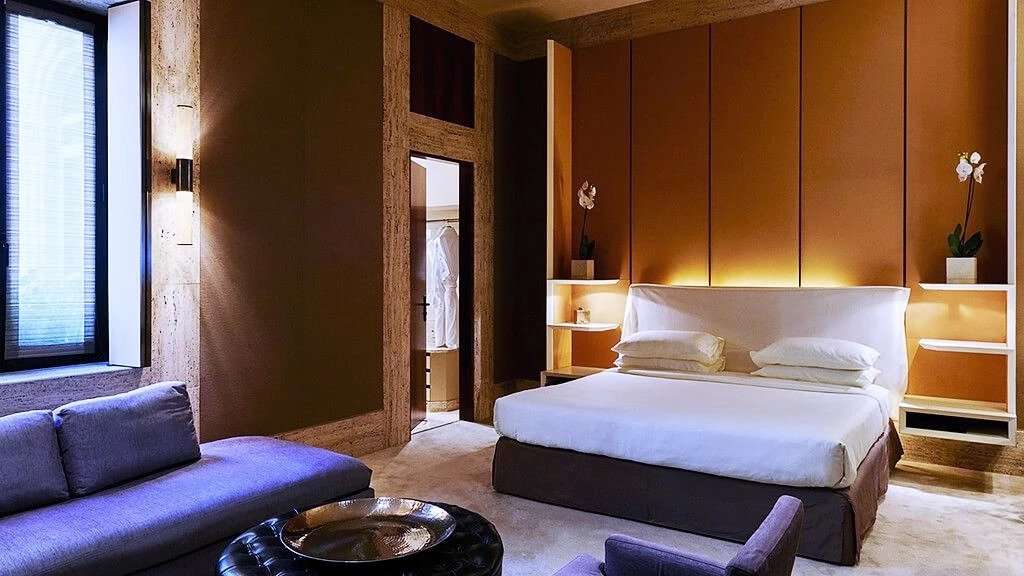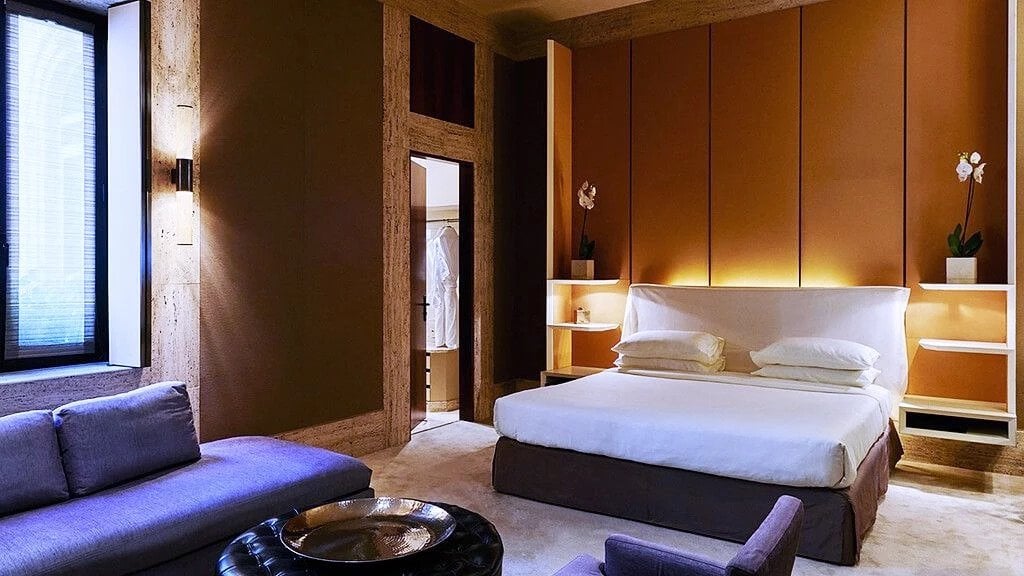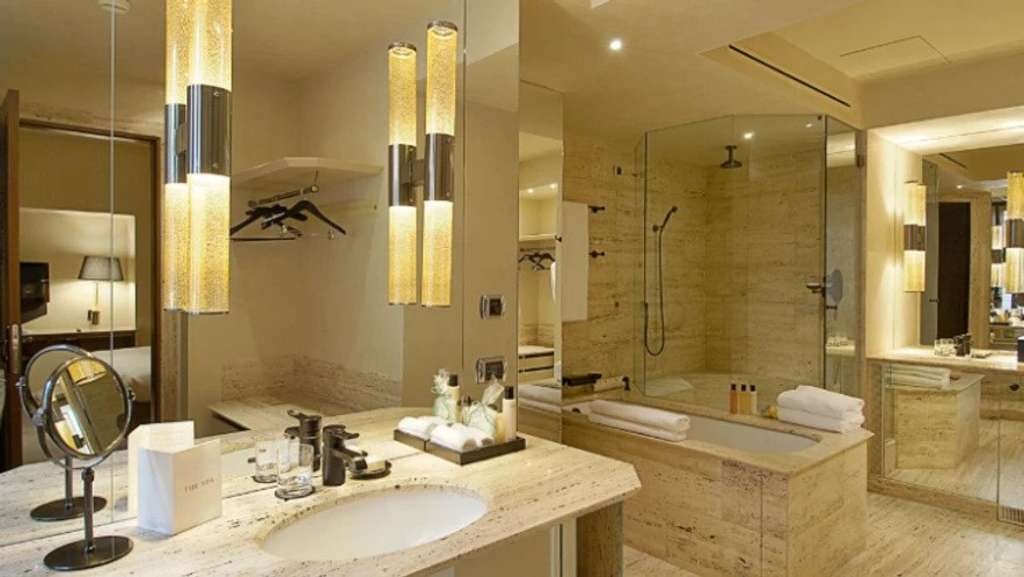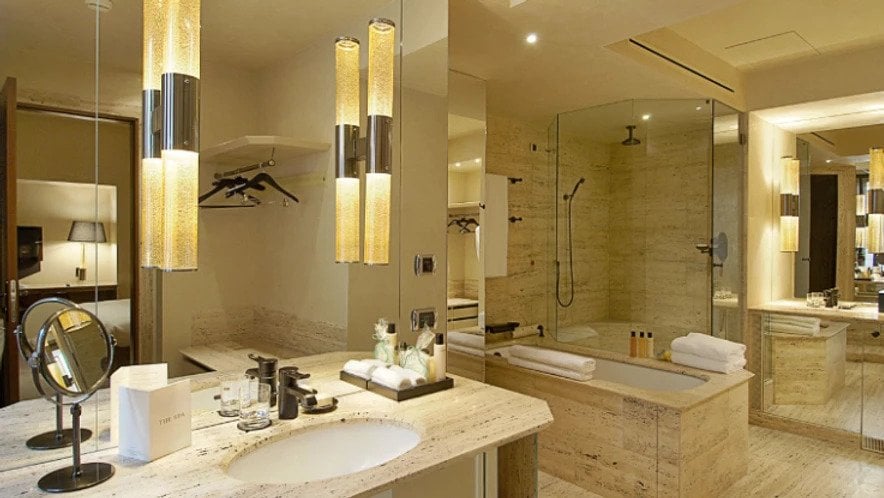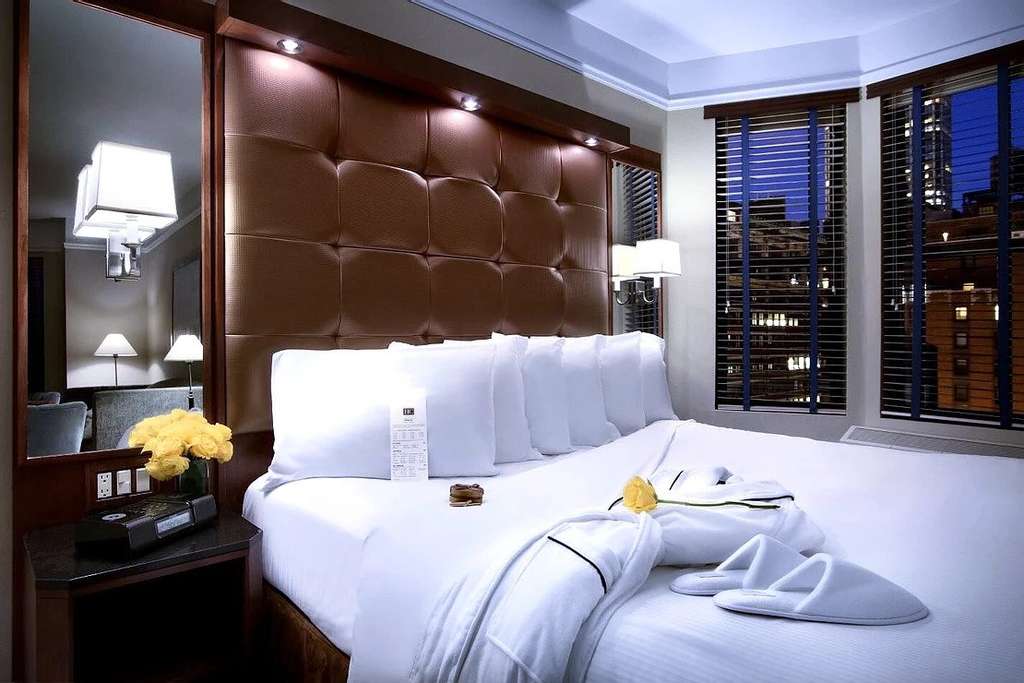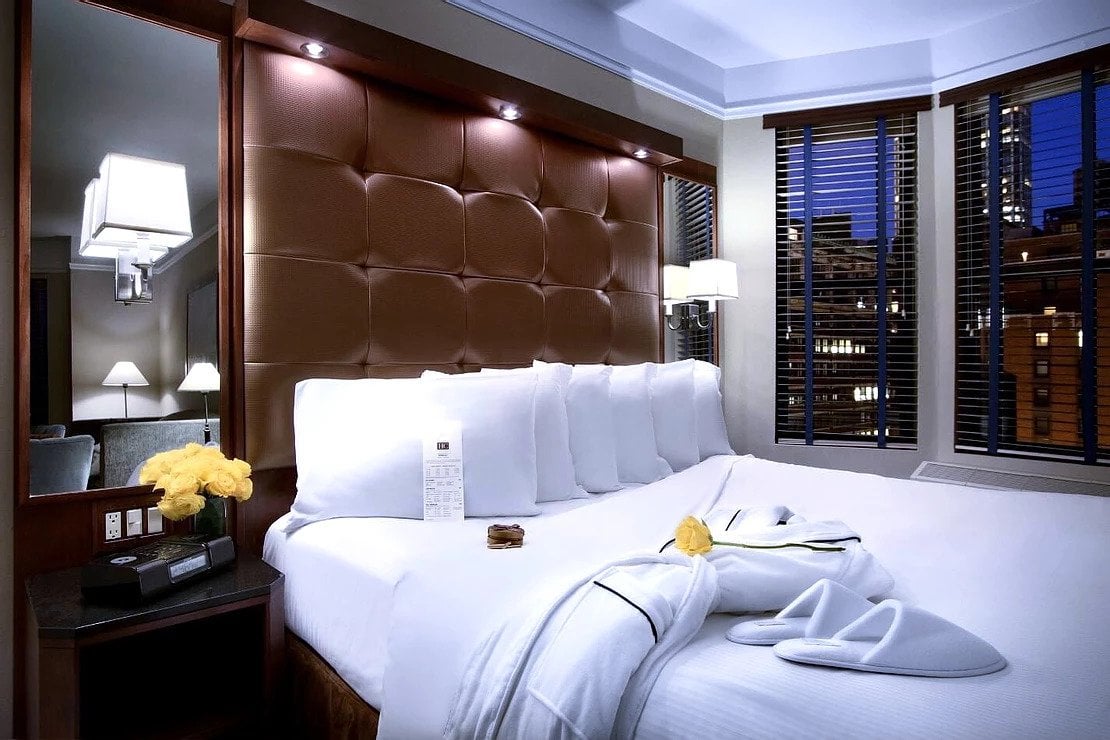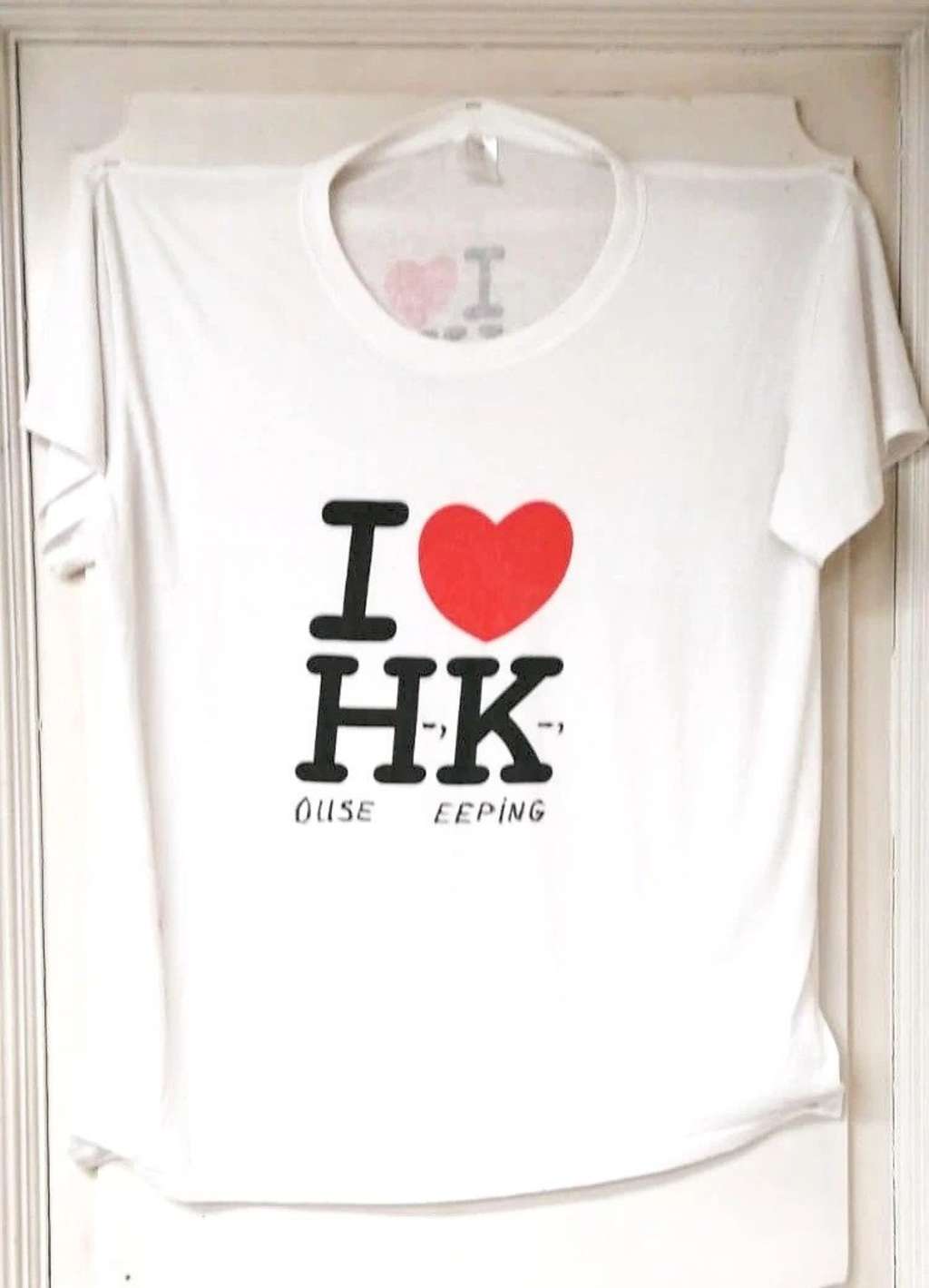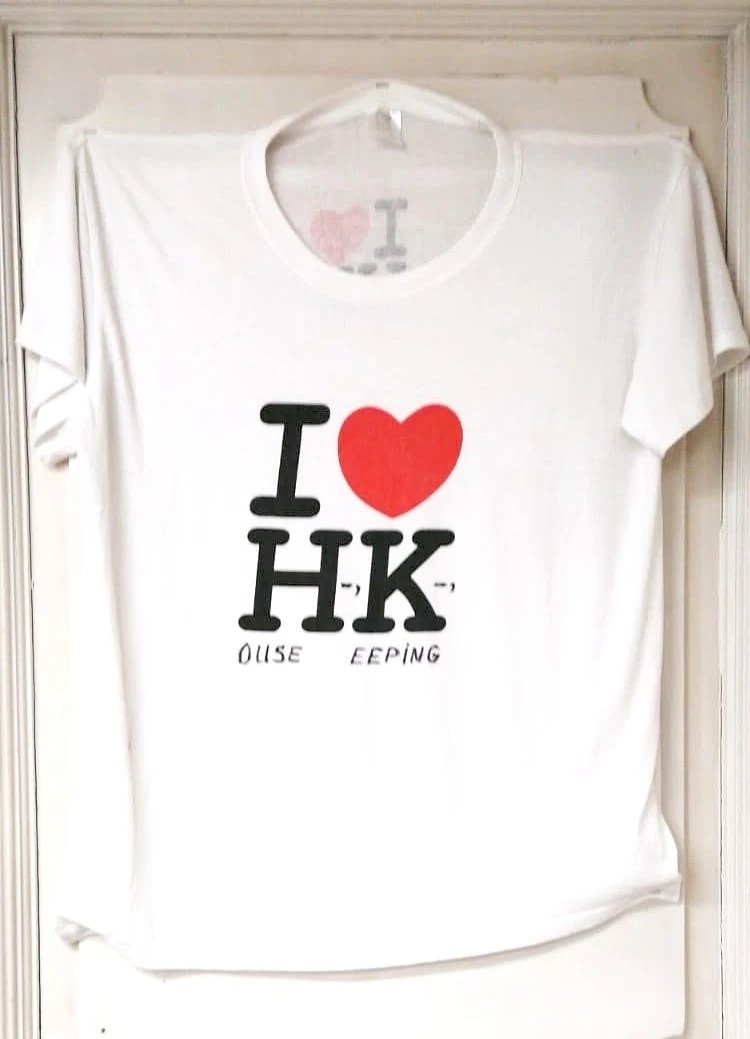The ART of HOUSEKEEPING
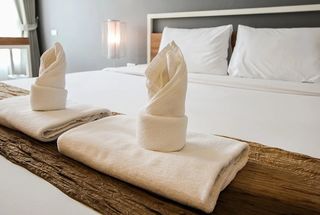
A major shout out to all Housekeeping Departments in all properties and all over the world, for being able to cope with the new needs brought by pandemic. With no doubt this has been the department most affected and most challenged by the virus reality. Cleaners have been continuing to go on site and to do their job non stop during the shutdown, and they have become essential workers to us. A very special thank you and recognition to the housekeeping professionals, that more than anyone have been facing the dramatic changes the pandemic has brought into their operations. Thank you for fighting through this for our hotels and guests, and for finding ways to overcome the situation.
When you work in an environment that gives you the opportunity to try different roles, you will find yourself appreciating some more than others, fitting some better than others, and realizing what your preference is.
As I always advocate, every experience is significant, worth having, and worth performing with enthusiasm and commitment. However, we can all agree when we find ourselves in a role that we really enjoy and that really fits us, we get the urge and motivation that prompts us to do a stellar job, and everybody can see it.
That for me is Housekeeping.
Perhaps I shouldn't play favorites, but I've always had a soft spot for this particular department, and the more time I spent in it, the more I realized how much pleasure and motivation I take from the various components of housekeeping.
It might sound odd to people who know me, because I have always been described as a front of the house individual, and because I genuinely enjoy the value of guest interactions. But if you know what the housekeeping world is really about, you would understand why some of us cherish it deeply.
After working in this exciting department in a few properties, I have been faced with a recurring concern: it is unfortunately underestimated and undervalued in some environments, and only managers who have worked in it seem to really understand how tough and precious this work truly is.
As for other departments in the hotel business - but also in other businesses - sadly too many people look at it as a "low level" profession, and it is not always appreciated as it should be.
I have seen too many instances where people don't acknowledge housekeeping staff, or avoid helping, just because it is considered "inferior" work. Even though it's hard and embarrassing to admit, we all know it's true - guilty as charged - and it's time we give credit to the people who do this extremely hard job.
I want to share with everybody why to me and others housekeeping is so fascinating and rewarding, and why we all need to start giving it the value it really deserves.
To be able to do that - as housekeeping managers - we must invest in what I like to call "the PR of Housekeeping".
We should teach others how this work is not only for the staff that belongs to the department, but it is everybody's responsibility within the property. Everyone should treat their work with the same respect as for everybody else's work. Everyone needs to - and can - rely on a great housekeeping performance to preserve top quality levels. Everyone should be more sensitive to how tough and how crucial the job is to maintain the good image and prestige of our property.
It is essential to understand that if we don't respect and appreciate the work of housekeeping, we don't respect and appreciate the property where we work.
The impeccable appearance of our hotel must be a team's effort, because a great product is essential in the world of luxury. And a great product does not exist without the contribution of our housekeeping team.
The word itself explains it: it is the keeping of the house. Your house.
Most people think housekeeping is just cleaning. It is not just cleaning, I like to describe it as an ART.
We are not done when the guest room or the public area is neat and fresh.
Housekeeping is about arrangement, it's about presentation, it's about walking in a room and finding it immaculate and exquisite from every perspective.
In a luxury environment, a section cannot be considered ready for a guest, unless it has been inspected with all the 5 senses.
I remember the first time I helped in housekeeping years ago, the manager who taught me how to do an inspection told me: "When you walk in the room pick a side of the door, walk around the room in that direction and look in every spot and every corner. If you do that, you will not miss anything." I still adopt that exact technique.
We look at the floor, at the ceiling, at the walls, at the windows, because we might find some imperceptible stain to remove. We check behind and below every piece of furniture, because something could have fallen. We inspect the lights, the curtains, every piece of equipment, because something might not work properly. We check the compendium because a child might have drawn something on the room service page. We examine every centimeter of the linen, because it could have a small wrinkle from the pressing machine. We inspect every detail of the bathroom looking for the impossible. We step up to check the high points, and bend down to check the low ones.
We do this in every room, because we provide cleaning excellence.
We then move on to examine the presentation, a component that's just as important as the cleanliness itself.
We open the closet to ensure the hangers are all facing the same way. All the items in the wardrobe are perfectly lined up and ready for use. We check that the bathrobe is nicely folded according to standards. We place the amenities all equally distanced on the bathroom counter, with the logo facing the front. The shower head and handle are aligned. The towels are gracefully placed in the correct angle. The lights and the temperature are set as per standards. The room smells fresh but neutral. The collateral, books and magazine are in the right place, looking brand new and thoroughly parallel. The curtains are open just the right amount for the room to feel cozy, but also for the light to come in and for the view to be accessible. The bed is immaculate, the way the pillows, the bed throw and decorative items are displayed, make it look wonderfully inviting.
We coordinate the final touches with the other departments before the guest enters the room: a beautiful fresh floral arrangement, a tailor-made food amenity, the guest's favorite bottle of wine, a welcome card from the General Manager. The communication with our right hand - the front desk - is essential in this process to efficiently prepare for the guest's arrival and to provide that wow factor when the door is open for the first time.
Our job is not completed until we turn around, look at the room, and we are immersed in a sense of refined presentation, luxurious accessibility, and comfort. We want the guest to walk in the room and to feel delighted and impressed, but also very welcome and comfortable.
When we service the room, we don't simply make the bed, clean and change the towels.
If the guest was in a rush and left all their clothes on the floor, we are happy to fold them and gracefully place them on the chair or on the hangers.
If the guest has a bottle of champagne half drunk from the previous night, we refill the bucket with fresh ice and we cool the bottle down for them, together with new clean flutes to use when they return.
If the guest did not have time to organize their toiletries, we carefully place a washcloth on the counter and neatly arrange them.
We create a comfortable space for the guest to come back to after a long day.
Our goal is not reached until the same pleasant and soothing feeling of that very first arrival day is established again.
When we perform turndown service, we don't simply turn the bed down and close the curtains.
We notice the guest's favorite side of the bed, and that's the side we prepare for the night.
We rearrange the amenities so that everything is ready to use: the slippers are next to the bed, the bathrobe and the mat are positioned ready for a shower, the curtains are closed and the lights are dimmed. In some occasions, we are even able to play soft music in the guest's room, to add to the ambience.
Everything we do during turndown is meant to create a stress free environment for all your senses, a feeling of relaxation, an invitation to let the day wash off and to finally rest.
This is not all.
The cleanliness, the presentation, the final touches and the atmosphere we strive to design in the room, is not all it takes.
A real housekeeping mindset always leads us to operate around the guest's comfort.
This is true of every department in the hotel, but the challenging part of doing so in housekeeping is that you typically miss the possibility of interacting with the guest. Therefore you cannot obtain the details necessary to delight them, from a direct interaction or conversation.
In housekeeping we need to be able to read the signs in the room.
When we perform service, the good execution of the task is also measured on our ability to recognize what makes the guest at ease, to recreate the comfort of their own home in a hotel room, to acknowledge and respect those unspoken preferences and requests.
Let's start with a trivial example, only to show how certain things you would consider obvious are not always executed correctly. This can be quite aggravating from a guest's perspective: have you ever stayed in a room where the bed was covered in decorative pillows? Have you removed those pillows and put them on the side because they occupied too much space? Have you returned to your room the next day after service, to find all those pillows back on your bed? If you have, you might have felt slightly annoyed.
This is an easy example of reading (or not reading, in this case) the signs in the room, and understanding what comfort or discomfort means to that particular guest. If we know what it is, we should respect it and keep it consistent throughout their stay.
If the standard temperature is 68 degrees, but when we go into an occupied room the thermostat is set at 75, we don't bring it back to 68. We anticipate that the guest is probably sensitive to cold, so we keep it warmer for them. We might even see if they are interested in a small heater or an extra blanket...
If a guest consumes a big quantity of tea from the minibar, we don't replace tea and coffee in the same standard amount. We anticipate the guest is a tea lover, and therefore we ensure the tea station is well stocked with everything necessary. We might even go out of our way and bring a nice selection of special tea…
If we notice the bathroom amenities are untouched, but the body lotion is always empty, we obviously know the guest is using their own products, but they like our lotion (or might not have their own), therefore we leave extra stock. We might even get a bigger bottle of that particular item, or buy a special brand just for them...
If the guest was given a bottle of wine, and after a couple of nights the bottle is still untouched, we assume the guest might prefer something else or maybe doesn't drink. So we nicely wrap the bottle and leave a small note: "We hope you can enjoy this at home with your family and friends. In the meantime, let us know if you have a different preference and we will be happy to provide it for you"...
We always go out of our way to ensure the guest knows we observe, we notice, we acknowledge. We are able to make something precious for them out of the little clues they left around the room.
So you see… housekeeping is not about tidying and cleaning, it's a real Art.
My husband says the Executive Housekeeper is like the Chef of the rooms division: in the restaurant or in rooms, while the front of the house welcomes the guest and is their point of contact, the chef and the executive housekeeper run the back of the house and prepare the product behind the scenes, to ensure perfect execution and presentation.
As we recognize and applaud so many celebrity chefs nowadays, why could we not endorse the work of the head of housekeeping in the same way?
The more colleagues acknowledge this, the more they will realize it can make all the difference for the guest's experience. The sooner people will recognize and assist this department, the sooner workers will feel more valued and appreciated, and will continue with more and more passion.
The more people enjoy and understand the art of housekeeping, the better product and image we can portray and maintain for our beautiful properties and for our precious guests.
Housekeeping is honorable and sophisticated work.
I really hope this helps and pushes people to look at it with a different eye and a new admiration.


